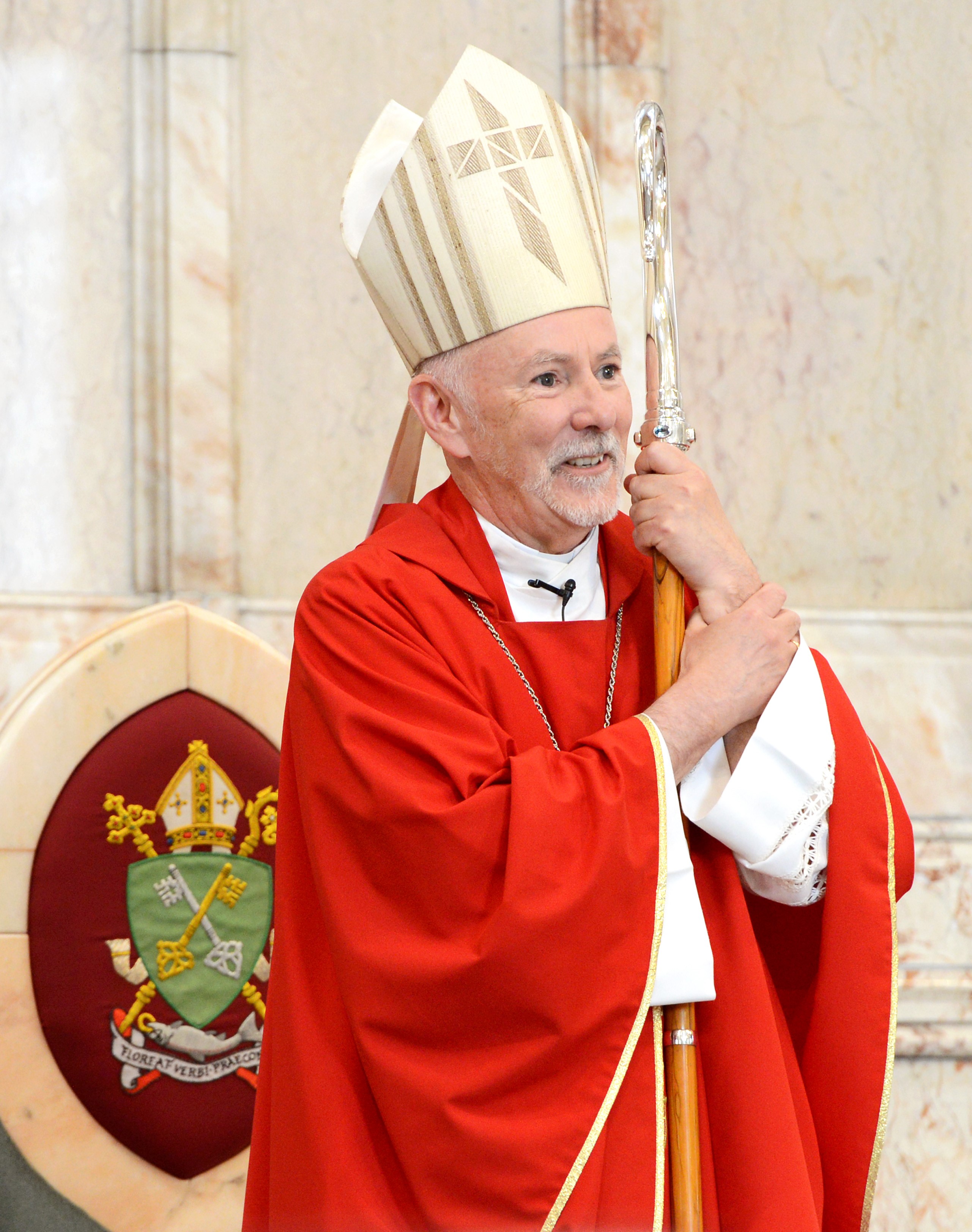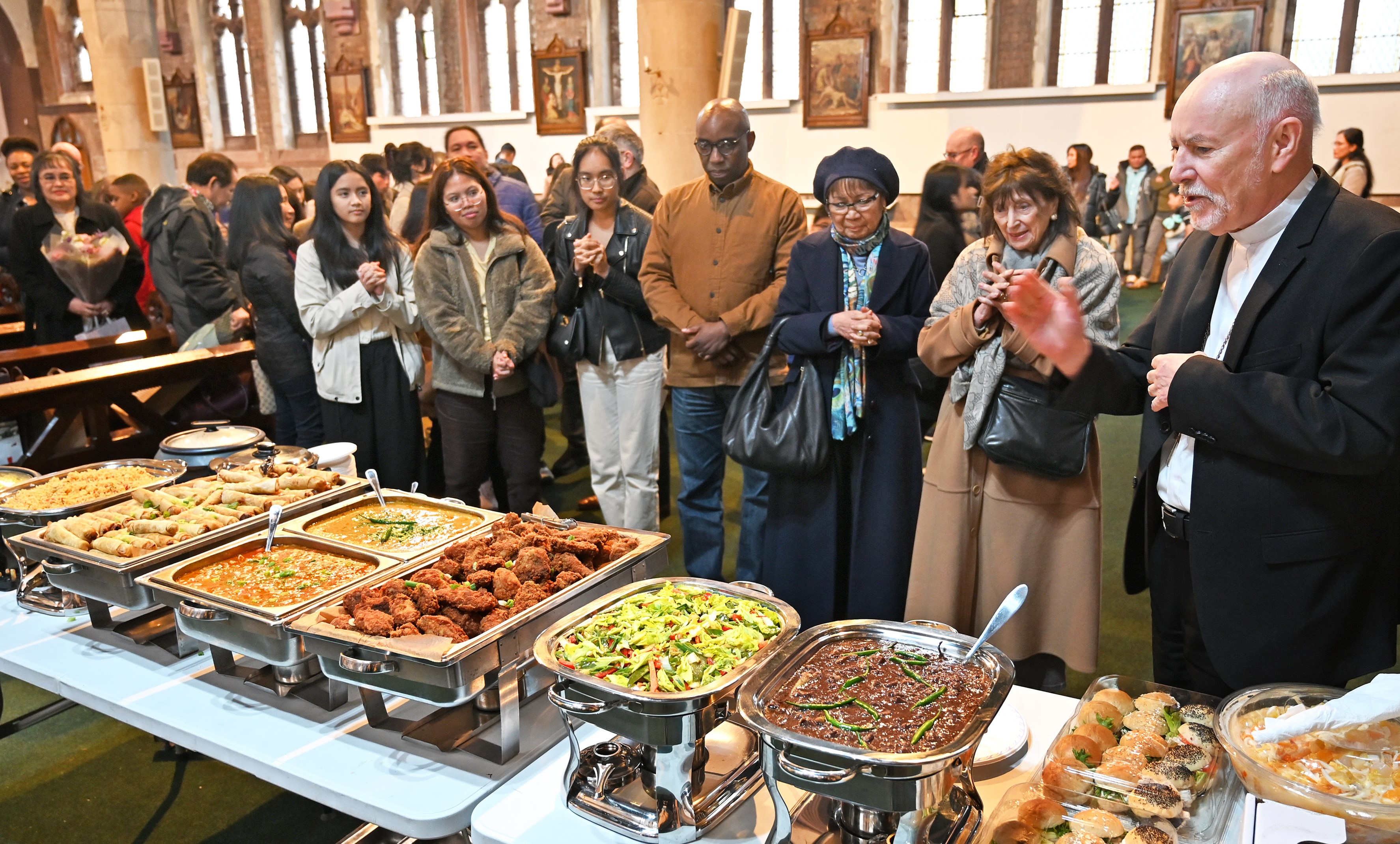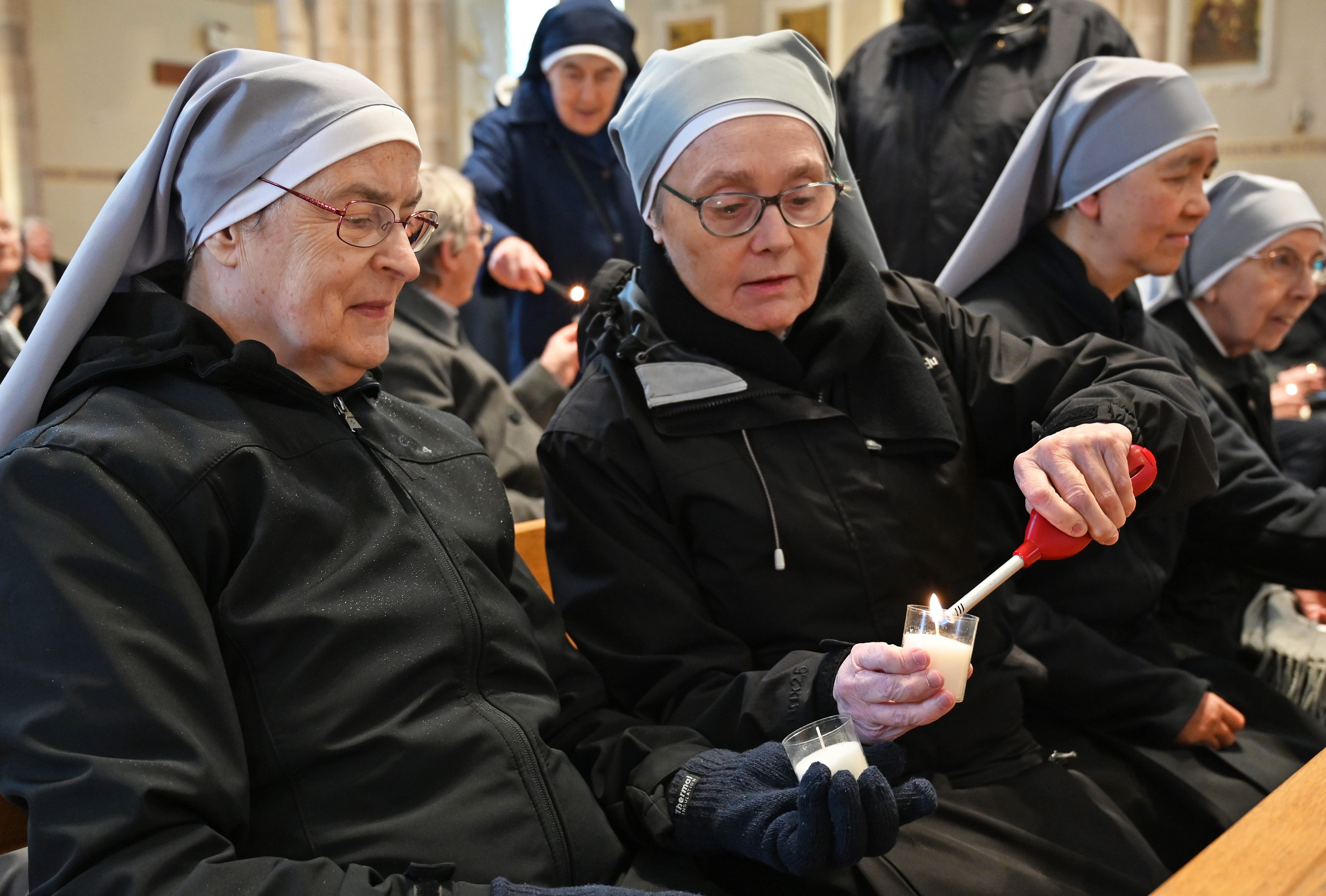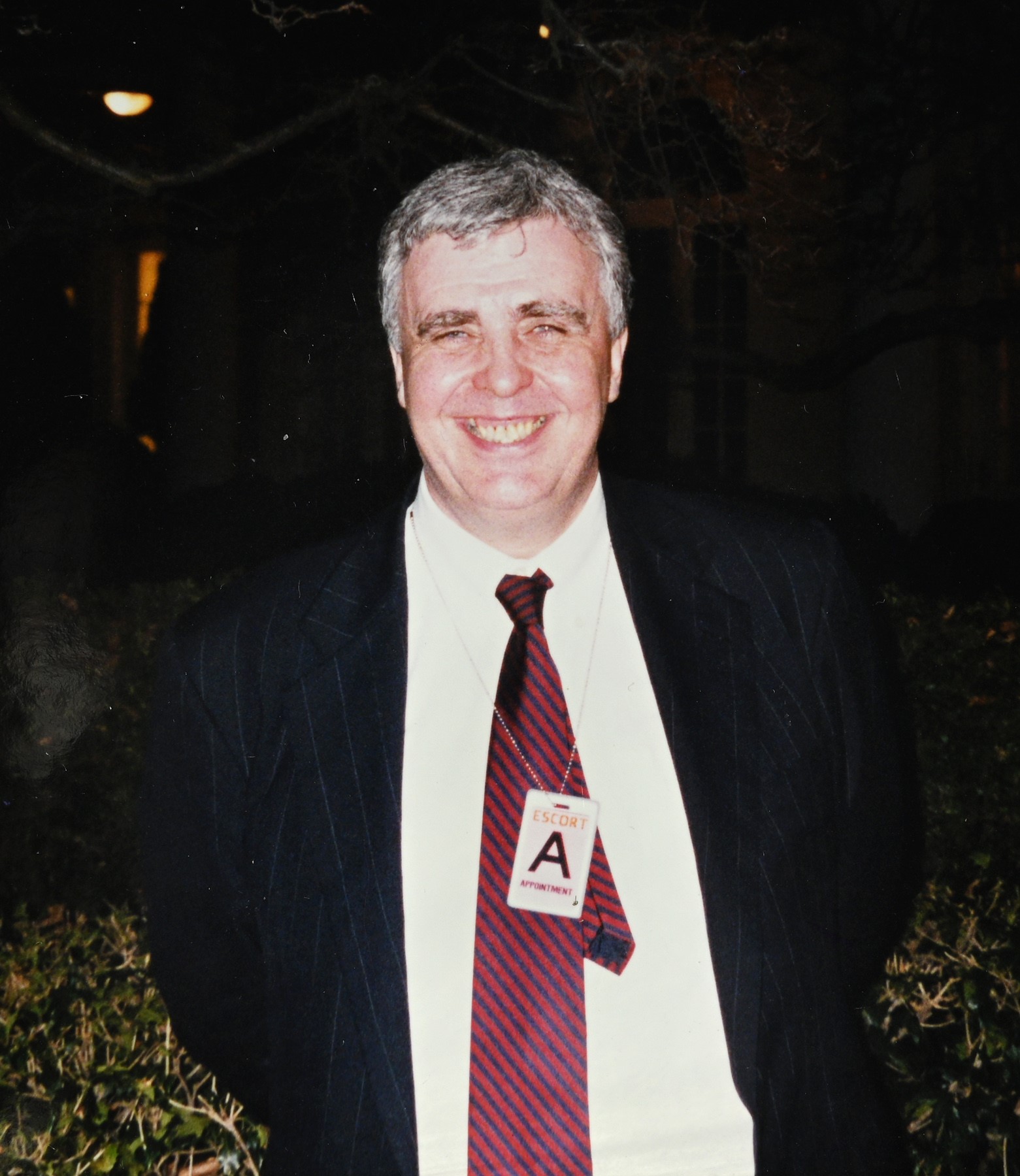
Official Journal of the Archdiocese of Glasgow
March 2023


Official Journal of the Archdiocese of Glasgow
March 2023

filipinos

Glasgow’s Filipino Catholics are to have a new regular Sunday Mass in the city centre in a sign of the growing strength of the community in the west of Scotland.
Read more…
religious

The variety of religious life present in the Archdiocese was much in evidence last month as members of religious orders and congregations joined the Archbishop to mark World Day of Consecrated Life.
Read more…
mcinespie

A legacy bequeathed by a top international lawyer brought up in a city housing estate and educated in a Glasgow Catholic school is set to provide years of educational opportunities for young people from challenging backgrounds.
Read more…